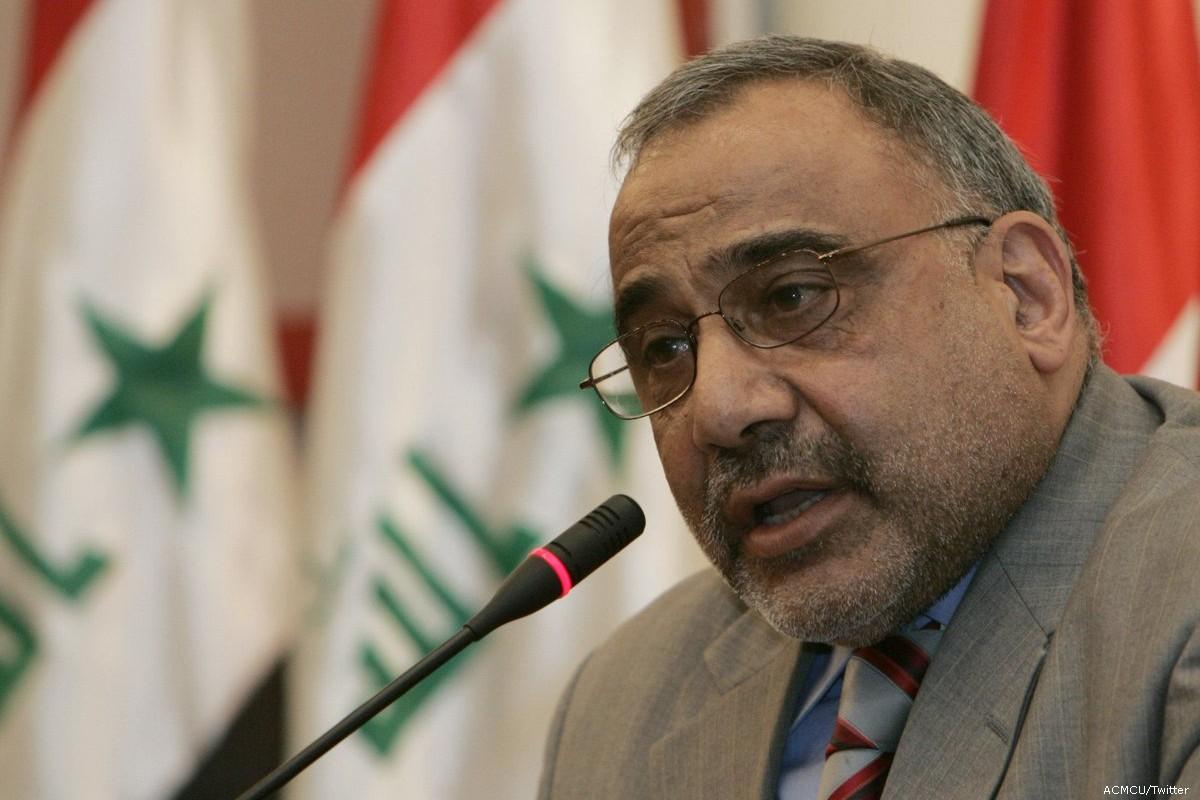Politica (23 October 2018)
European Commission President Jean-Claude Juncker on Tuesday called on Romania to end infighting over anti-corruption efforts by the end of the year if it wants the green light to join the EU’s borderless Schengen zone before his term expires.
Juncker’s plea reflects a view in the Commission and among Western European governments that Bucharest is softening its approach to corruption and heading down the same path of democratic backsliding as Poland and Hungary.
Speaking at the European Parliament in Strasbourg, Juncker suggested Romanian politicians should agree a common approach by the time the country takes over the presidency of the Council of the EU in January. Romania’s Social Democratic government has proposed reforms that critics say undermine anti-corruption efforts, often in the face of opposition from President Klaus Iohannis.
“One has to be very careful, you always have to respect the principles of the rule of law,” Juncker said in a debate on the future of Europe, in which Iohannis was a guest speaker.
“My own personal desire would be that before Romania takes over the presidency of the European Union, they manage to strike some kind of consensus on the fight against corruption,” he said.
“It’s absolutely essential that this happens because otherwise the Commission will find it rather difficult to provide the necessary recommendations and make the right kind of proposals to include Romania into the Schengen zone,” he added.
Juncker also said: “We really have to try and bring this about. I would like to do that before our current Commission’s mandate expires.”
In November, the current European Commission will produce its final annual report under a scheme that assesses the rule of law in Romania and Bulgaria, two of the EU’s newest members. EU officials have made clear that progress is essential if Bucharest and Sofia are to achieve their aspirations of joining the Schengen zone.
The current Commission’s term ends in October next year.
Juncker was careful to say that “his note of caution” is not directed at Iohannis but at the Romanian government and parliament.
Romanian Prime Minister Viorica Dăncilă got a very different reception at the European Parliament at the start of this month, when she clashed with Commission First Vice President Frans Timmermans and MEPs over the rule of law.
In Tuesday’s debate, Manfred Weber, leader of the center-right European People’s Party (EPP) group in the Parliament, said the Romanian government “has already crossed some red lines in our common understanding of values.”
Guy Verhofstadt, the leader of the liberal ALDE group, spoke of “dubious reforms, of undermining the judiciary … weakening the criminal code, undermining the fight against corruption.” Josef Weidenholzer, vice president of the center-left Socialists and Democrats, expressed concern about “internal political developments in your country which are becoming more critical.”
The Council of Europe’s Venice Commission, a legal watchdog, last week criticizedthe government’s proposed amendments to the criminal code and the criminal procedure code, arguing they risk weakening the effectiveness of the justice system.
Earlier this month, the Romanian Constitutional Court found over 60 amendments from the proposed reforms to be unconstitutional.
MEPs appealed to Iohannis to push back against the government’s planned changes. Iohannis, a former leader of Romania’s National Liberal Party, which is affiliated with the EPP, said he would remain “involved” so that rule of law and EU values are safeguarded.
Political parties will meet Iohannis on Wednesday for consultations on the proposed reforms.
In Tuesday’s debate, Manfred Weber, leader of the center-right European People’s Party (EPP) group in the Parliament, said the Romanian government “has already crossed some red lines in our common understanding of values.”
Guy Verhofstadt, the leader of the liberal ALDE group, spoke of “dubious reforms, of undermining the judiciary … weakening the criminal code, undermining the fight against corruption.” Josef Weidenholzer, vice president of the center-left Socialists and Democrats, expressed concern about “internal political developments in your country which are becoming more critical.”
The Council of Europe’s Venice Commission, a legal watchdog, last week criticizedthe government’s proposed amendments to the criminal code and the criminal procedure code, arguing they risk weakening the effectiveness of the justice system.
Earlier this month, the Romanian Constitutional Court found over 60 amendments from the proposed reforms to be unconstitutional.
MEPs appealed to Iohannis to push back against the government’s planned changes. Iohannis, a former leader of Romania’s National Liberal Party, which is affiliated with the EPP, said he would remain “involved” so that rule of law and EU values are safeguarded.
Political parties will meet Iohannis on Wednesday for consultations on the proposed reforms.
No comments yet.
- AZERBAIJAN, EU TO MULL CO-OP PROSPECTS The Caucasus and Turkish-Armenian Relations 24.10.2018
-
 MARITIME SECURITY: TIME FOR ASEAN TO REACH BEYOND LOW HANGING FRUIT
Asia - Pacific
24.10.2018
MARITIME SECURITY: TIME FOR ASEAN TO REACH BEYOND LOW HANGING FRUIT
Asia - Pacific
24.10.2018
-
 IRAQ PM-DESIGNATE TO PRESENT NEW CABINET IN TWO DAYS
Iraq
24.10.2018
IRAQ PM-DESIGNATE TO PRESENT NEW CABINET IN TWO DAYS
Iraq
24.10.2018
- NATO IN MOCK DEFENCE OF NORWAY AGAINST RUSSIAN ATTACK Europe - EU 24.10.2018
- ARMENIAN YELK ALLIANCE NOMINATES PASHINIAN AS PRIME MINISTER The Caucasus and Turkish-Armenian Relations 24.10.2018
-
25.01.2016
THE ARMENIAN QUESTION - BASIC KNOWLEDGE AND DOCUMENTATION -
12.06.2024
THE TRUTH WILL OUT -
27.03.2023
RADİKAL ERMENİ UNSURLARCA GERÇEKLEŞTİRİLEN MEZALİMLER VE VANDALİZM -
17.03.2023
PATRIOTISM PERVERTED -
23.02.2023
MEN ARE LIKE THAT -
03.02.2023
BAKÜ-TİFLİS-CEYHAN BORU HATTININ YAŞANAN TARİHİ -
16.12.2022
INTERNATIONAL SCHOLARS ON THE EVENTS OF 1915 -
07.12.2022
FAKE PHOTOS AND THE ARMENIAN PROPAGANDA -
07.12.2022
ERMENİ PROPAGANDASI VE SAHTE RESİMLER -
01.01.2022
A Letter From Japan - Strategically Mum: The Silence of the Armenians -
01.01.2022
Japonya'dan Bir Mektup - Stratejik Suskunluk: Ermenilerin Sessizliği -
03.06.2020
Anastas Mikoyan: Confessions of an Armenian Bolshevik -
08.04.2020
Sovyet Sonrası Ukrayna’da Devlet, Toplum ve Siyaset - Değişen Dinamikler, Dönüşen Kimlikler -
12.06.2018
Ermeni Sorunuyla İlgili İngiliz Belgeleri (1912-1923) - British Documents on Armenian Question (1912-1923) -
02.12.2016
Turkish-Russian Academics: A Historical Study on the Caucasus -
01.07.2016
Gürcistan'daki Müslüman Topluluklar: Azınlık Hakları, Kimlik, Siyaset -
10.03.2016
Armenian Diaspora: Diaspora, State and the Imagination of the Republic of Armenia -
24.01.2016
ERMENİ SORUNU - TEMEL BİLGİ VE BELGELER (2. BASKI)
-
AVİM Conference Hall 24.01.2023
CONFERENCE TITLED “HUNGARY’S PERSPECTIVES ON THE TURKIC WORLD"









